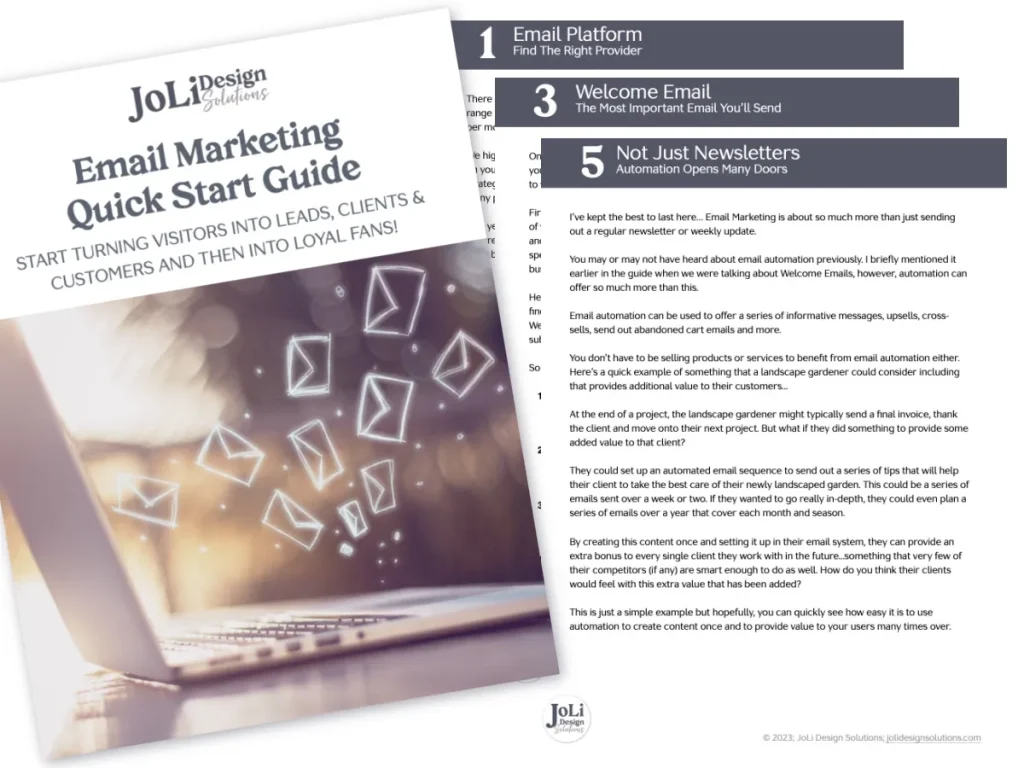If you are upgrading or updating your web presence, or if you are researching the various options available these days, you’ve no doubt come across the most popular, widely used and versatile platform – WordPress.
Plugins are like little programs that you can add to your WordPress website to give it extra powers. They are designed to add new functions or enhance existing ones.
They can help you do things like add a contact form so people can easily send you messages, create a slideshow to display pictures, add social media sharing buttons, or even improve your website’s security.
Plugins make it easier for you to customize your website without having to write complicated code. They are created by other people who are experts in website design and coding. They build these plugins and offer them for free or for a small cost.
WordPress makes this abundance of variety and customization possible and available to users of its platform through the use of what are called WordPress plugins.
So, what the heck is a WordPress plugin?
A WordPress plugin is very much like an app on your phone, because you can think of a plugin like a small program and an add-on feature which is built for and allows for a specific function or set of functions you need on your website.
There are thousands of plugins available for WordPress, so it’s important to choose the ones that suit your needs. You might want to think about what you want your website to do and look for plugins that can help you achieve that.
For example, if you want to sell products online, you can search for an e-commerce plugin. If you want to showcase your photography, you can look for a gallery plugin.
Remember, plugins can be really helpful, but it’s also important not to overload your website with too many of them. Just like too many tools in a toolbox can make it hard to find what you need, too many plugins can slow down your website or cause conflicts. So, choose wisely and only install the ones that you really need.
WordPress is so popular and widely used, plugins have been developed for nearly every type of function you might want on the front end or the back end of your website.
Once a plugin is no longer needed or being used, it should be deleted. This must be done manually and shouldn’t be put off since it can compromise the security of your website and/or the way it performs, or doesn’t.
WordPress Plugins We Recommend
There are a LOT of plugins you can choose from. While there are many plugins that serve a specific purpose, here are a few main ones that we use and recommend.
- Imagify – image optimizer (free & paid)
- Anti-spam by Cleantalk – eliminate 99% of spam. I really like this one!
- SEOPress – add your titles, meta description and keywords to most pages and posts (free & paid). Yoast is a popular SEO plugin, I just didn’t care for it that much.
- FluentForms Pro is a premium form builder that is versatile in every way. A free option is Forminator.
- FluentCRM – This is hands down the best email marketing program I’ve used. There is no separate platform you need because this is a plugin for your WordPress website. NO LIMITS ON SUBSCRIBERS EITHER! ? One yearly subscription and you’re all set.
- WP Vivid is our backup plugin we use and it’s affiliated with MainWP where we manage all our websites. There are a few you can choose from.
Read the full article on building your website from scratch.



